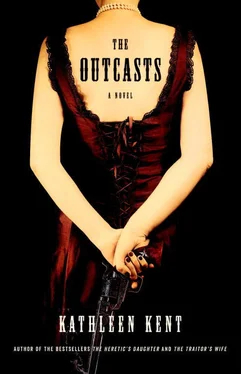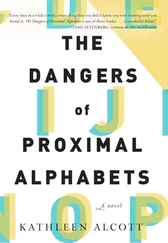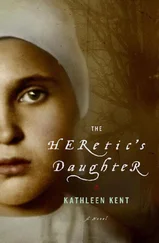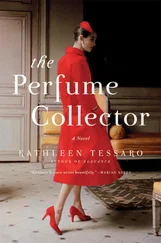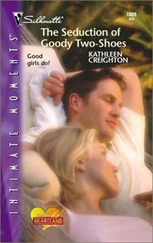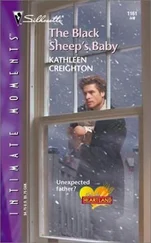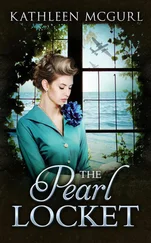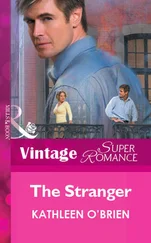Nate sat with Dr. Tom until he had drifted off to sleep and then spent the rest of the night sprawled in the chair.
The next morning early, he walked to the livery and took some time letting Deerling’s horse settle to his touch and smell; although his own saddle had been retrieved from the Harrisburg-to-Houston road, he steadied the bay with Deerling’s familiar tack.
He mounted and touched his heels to the horse’s flanks, and the bay crouched and bolted, ears flattened, nose forward, and Nate reined him to a stop, saying, “Let’s try that again.”
He tapped him once more, and the bay started an easy trot, the muscles in the shoulders and rump bunching and releasing under the rippling hide, like a steam engine under velvet.
Following the roads and cow paths by Buffalo Bayou and skirting the swampier tracts, he reached the old San Jacinto battlefield in a few hours. The ferryman who took him across the confluence of the San Jacinto and Buffalo Rivers was a survivor of Shiloh. He had two wooden legs, and he told Nate cheerfully that he’d quickly drown in the river if he ever fell in, so heavy were his replacement appendages. “But,” he said, “it would take another cannonball to sweep me off the deck.”
Nate rode into Lynchburg at midday and, after tying his horse to a post, walked slowly up and down the main street, looking into storefronts. His story, if asked, was that he was just another cowboy from West Texas looking for work on one of the big cattle farms south of Houston.
He’d been given a description of two of McGill’s men, Purdy and Crenshaw—stunted and weasel-mouthed in the first case; Gallic-nosed and Cajun in the second—as well as of McGill himself. He was a man of average height, slender, dark-haired, with no identifying scars or marks on the face or hands—a description that could have applied to half the men in Texas. Both Deerling and Dr. Tom had seen McGill’s image on Wanted posters but had never looked him in the face.
Of the daughter, Dr. Tom told Nate that she was twenty-three years old, fair-skinned and dark-haired, with a small mole under her right eye.
The only other bit of information Nate possessed was that Crenshaw had a rare grulla mare, a horse he had most likely stolen from one of his victims. As Nate walked the main street, he saw no gray horses and very few people. He ordered a beer, which was warm and flat, at the one saloon in town. The barkeep, a top-heavy man with a dirty towel draped over one shoulder, offered the news of the day, all of it unremarkable.
Nate thanked him, and after walking around some more and drifting through the small hotel, he mounted his horse and rode back to the ferry. To his thinking, the whole town seemed too open, too transparent, for McGill and his men to hide in.
Nate was surprised to see another man waiting at the ferry ahead of him. Once afloat, they dismounted from their horses, both looking at the murky water rushing by.
The man finally said, “Makes me a little dizzy watching these currents.” He turned to Nate and smiled amiably. “You don’t want to get too close to the edge. The currents here at this spot are so powerful that even a strong swimmer would fail to gain either shore.”
“That so,” Nate responded, taking a step back from the shoddy railing.
The man stuck out his hand. “The name is Estes.”
Nate clasped the man’s hand. “Nate. Nate Cannon.”
“You here looking for work?”
Nate nodded. “You?”
“Always.” Estes smiled again, and he and Nate chatted comfortably for a while about their recent journeys.
When the ferry docked on the western side, Estes waved and said, “Good luck. Keep a close eye on those deep waters.”
He rode away to the south and Nate felt an immediate downward turn of emotions that he recognized as simple loneliness, the want of cheerful company.
When Nate returned to Houston, he found Dr. Tom sleeping. He sat quietly by the bed until the ranger opened his eyes and then he recounted the events of his trip to Lynchburg. Nate could see the disappointment in Dr. Tom’s face as he rubbed his hand over his mouth in frustration.
Nate began telling him about the return trip on the ferry, but he stopped when he saw his partner’s face.
Dr. Tom hiked himself up to a sitting position. “What did you say?”
Nate repeated his last bit of information. “The traveler’s name was Estes.”
“What did he look like?”
“Bearded, spectacles, my height. Said he was a surveyor.”
Dr. Tom reached out and grabbed Nate painfully around the wrist. “Do you know what McGill’s full name is? It’s William Estes McGill. The only reason you’re still sitting here and not floating in the Gulf somewhere is that you didn’t make him. But I’ll bet he made you. Christ Almighty, Nate.”
The face of the surveyor on the river had seemed to Nate placid, the eyes behind the spectacles keen but friendly, and he had felt an immediate liking for the man and a desire, once he arrived at the other side of the river, for continued conversation. The sense of isolation and apartness he had experienced during the past few months seemed to sharpen after his fellow passenger had ridden away.
Even Prudone as he rode towards Deerling had given telltale signs indicating impending violence. But Nate had been completely at his ease during the crossing, the memory of Deerling’s death dropping away for the briefest while.
He sat quietly, looking at his hands, thinking of the two rivers that joined at the ferry crossing, waters so opaque and muddy that his falling body would have cast little reflection and left only the parting of eddies to signify he had ever been there.
Lucinda’s eyes were closed, but she was acutely aware that Bedford Grant was staring at her. She sat on a worn chaise, her head tilted back to expose the full length of her neck, her legs stretched out before her, ankles neatly crossed. The hem of her skirt had been carelessly raised, revealing the curves of her insteps in her heeled, kid-leather boots. She arched her foot more appealingly and felt the laces tighten against her skin.
May reclined next to her, her head in Lucinda’s lap. Occasionally, Lucinda would let her fingers find their way to May’s hair, and she would stroke it as she would have a cat.
Jane was also in the sitting room, opposite her, quietly sewing. Lucinda suspected that Jane was staring at her as well, but with a different intensity and purpose.
Lucinda had begun spending quite a few evenings with the Grants, eating supper with them and taking long walks with Bedford afterwards. The evenings spent at the Wallers’, when Bedford came to call on her, were an exercise in monumental restraint—restraining herself from giving exasperated replies in response to both Euphrastus’s puffed-up jealousy and his wife’s and daughter’s ridiculous swooning over Bedford’s courtship.
She was frustrated by the continued reluctance of Bedford to give her any more accounting of the gold coins other than to promise her that he would eventually reveal where they were hidden. She had given faithful reports of her progress in her letters to her supposed brother, Bill, but it had been a while since she had received a response, and the silence was filling her with anxiety, keeping her awake at nights.
May stirred and sat up. “Miss Carter, come for a walk with me.”
Lucinda opened her eyes and stretched. “Only if your sister comes with us.”
Jane looked up from her work, her expression wary. The shooting of the German had at first left her terrified and clinging, needing reassurance from Lucinda almost hourly that they had made the right decision in hiding his body, but then she’d become silent. Jane had made herself ill with worry, and now it was Lucinda’s turn to be Jane’s nursemaid. She encouraged the girl to eat and take walks after she had confined herself to her bedroom for days. After a full week of fearfulness, Jane embraced despondency; she was indifferent towards her family, and increasingly cold and guarded with Lucinda, avoiding her whenever possible.
Читать дальше
